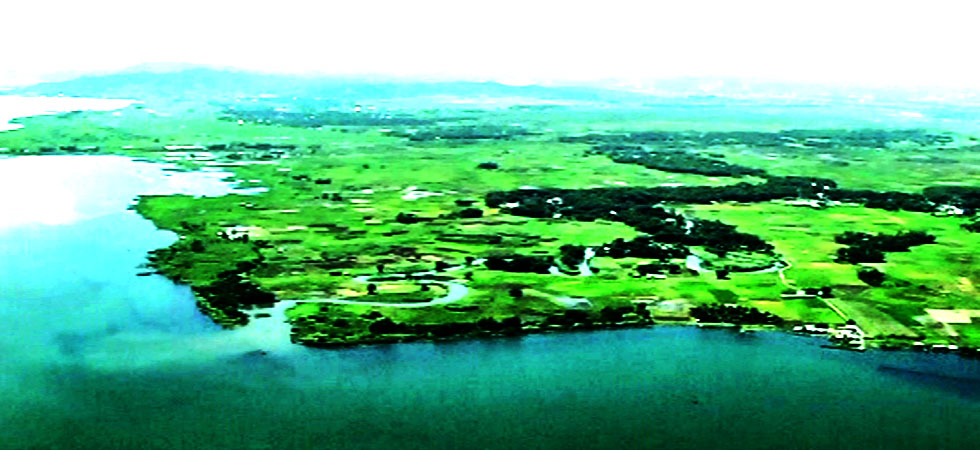History of Taraka
Taraka is one among the coastal towns of the Province of Lanao del Sur which is located at its south-east portion. It is bounded on the north bu the Municipality of Mulondo, on the south by the Municipality of Tamparan and Lumba Bayabao, on the east by the Municipality of Maguing and on the west by the Lake Lanao. It is about 28 kilometres away from the Islamic City of Marawi to its Municipal Hall.
Historical Sites
BAAB UR-RAHMAN MASJID
Baab Ur-Rahman is the oldest Masjid in Lanao. It was built at Maruhom Jalalodin in Gapa-o Balindong, Taraka. This implies that the first Muslim converts were the residents of Taraka. The masjid is an important indicator of conversion, without which being Muslim would only be nominal as happens among maritime nomads like some of the Badjaos. It is only in Taraka where every agama has a masjid that signifies a Muslim community. The agama is the basic unit of community, inged is composed of several agamas, soko is composed of severalingeds, and pangampong is composed of severalsokos.
ABDAN/GUSI
Inside Samporna House in Salamatollah, Gapa-o Balindong, are three huge stone wares of Chinese manufactured called “gusi/abdans.” Since Taraka does not lie in the van of trade like Malabang, Ganassi, or Marawi, the accumulation of these jars attests to the affluence of Taraka as an important trade terminus in the basak area. It is said that there used to be four such gusis. One day, some young ladies played hide and seek, and one of them hid on one of the jars. As soon as she was inside, the gusi closed and rolled down to Taraka River, and this was the last that was heard about her.
Barangays
Taraka is politically subdivided into 43 barangays.
- Bandera Buisan
- Boriongan
- Borowa
- Buadi Dingun
- Buadi Amao
- Buadi Amunta
- Buadi Arorao
- Buadi Atopa
- Buadi Dayomangga
- Buadi Ongcalo
- Bucalan
- Cadayonan Bagumbayan
- Caramat
- Carandangan Calopaan
- Datu Ma-as
- Dilabayan
- Dimayon
- Gapao Balindong
- Ilian
- Lumasa
- Lumbac Bagoaingud
- Lumbac Bubong Maindang
- Lumbac Pitakus
- Malungun
- Maruhom
- Masolun
- Moriatao Loksa Datu
- Pagalamatan
- Pindolonan
- Pitakus
- Ririk
- Salipongan
- Lumasa Proper (Salvador Conch
- Sambolawan
- Samporna Salamatollah
- Somiorang Bandingun
- Sigayan Proper
- Sunggod
- Sundig
- Supangan
- Tupa-an Buadiatupa
- Buadi Amunud
- Mangayao

